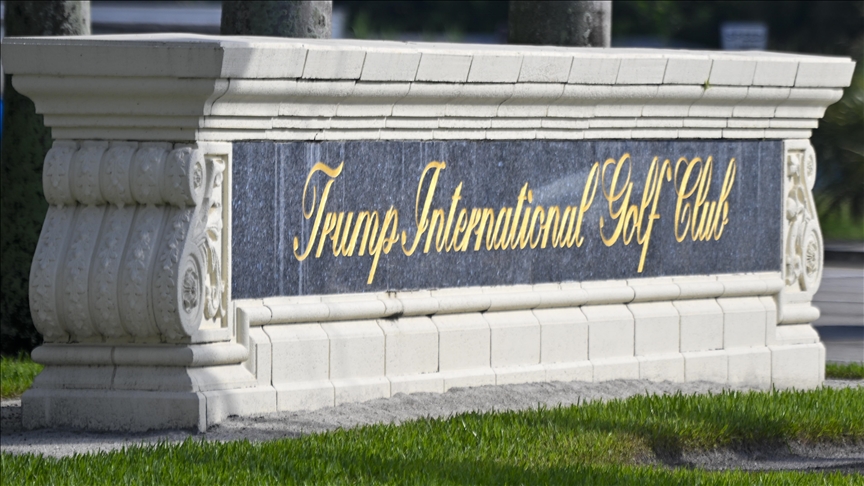Turkish military convoy heads to Iraq border area
The military has expressed its support for U.S. forces to be allowed in, saying it would make for a shorter, less costly conflict and that Turkey would be better off in any war than out of it.
A statement issued by the Turkish general staff on Thursday played down the significance of recent military activity highlighted in local media reports.
"All the activities carried out by the Turkish Armed Forces are forward looking precautions related to security within their area of competence. No other meaning should be extracted," the generals said.
Last weekend parliament narrowly rejected a U.S. request to station up to 62,000 U.S. troops in Turkey, but the government has signalled it may present a fresh motion to the assembly as early as next week.
Witnesses said the Turkish military convoy on Friday halted for a break about 30 km (20 miles) from the impoverished town of Cizre, near the border with Iraq. Their final destination was unclear.
MILITARY GEAR ON THE DOCKSIDE
Ships carrying equipment for the U.S. Fourth Infantry Division are currently waiting off Turkey’s Mediterranean coast and at the southern port of Iskenderun a cargo ship offloaded jeeps, medical supplies and military equipment on Friday.
Media reports say some of the U.S. equipment is being transported to a logistics centre near the southeast town of Mardin. The Ankara government has already given permission for the United States to modernise several Turkish air bases and ports in preparation for a possible conflict.
Turkish Interior Minister Abdulkadir Aksu said buildings had been identified in the southeast for use as shelters in the case of an attack from Iraq.
"Existing siren systems to alert the people have been inspected and made ready for use," Aksu said.
There is overwhelming opposition in Turkey to a war in Iraq amid fears that the turmoil could spread across the border and undermine its fragile economic recovery.
Turkey says the United States is offering up to $30 billion in grants and loan guarantees in exchange for its cooperation in any conflict. Ankara seeks compensation for any fall in tourism revenue and rises in the price of oil and cost of borrowing.
Negotiations over the deal have dragged on for months, with Ankara also seeking a say in the future of northern Iraq, where it fears the emergence of a Kurdish state after a war could rekindle a separatist rebellion on its own territory.



